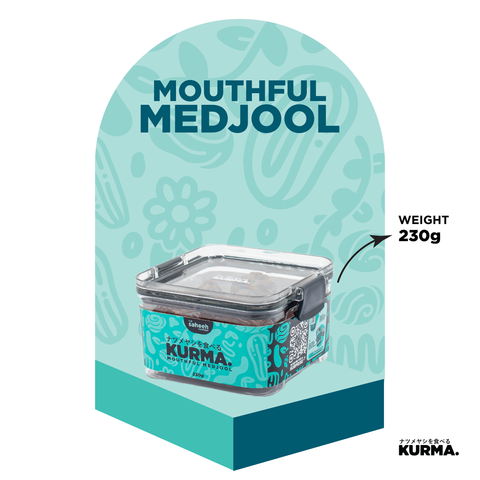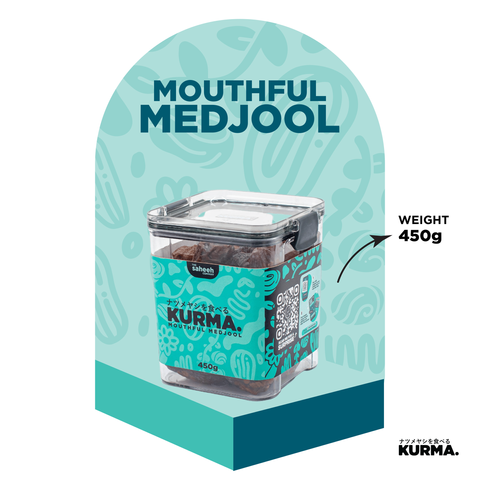Why are there white spots on the dates?
However, some consumers have reported seeing white spots on their Medjool dates from Madinah, which can be concerning.These spots may appear to be crystallized sugar, but in reality, they are a natural occurrence and not a sign of spoilage. The white spots that may appear on Medjool dates, particularly Madinah Medjools, are actually caused by a harmless yeast called Candida magnoliae. This yeast is naturally present in the soil where the dates are grown and can colonize the fruit during the growing process.
As the Medjool dates dry, the yeast forms white spots on the surface of the fruit, which can give the appearance of crystallized sugar.
Is it safe to consume?
These spots are not harmful and do not affect the quality or taste of the dates. While the white spots on Madinah Medjool may resemble crystallized sugar, these spots are not a sign of spoilage or poor quality, and consumers may continue to enjoy the delicious taste and nutritional benefits of these dates without any concerns.The colour and texture of the dates are not the same as other Medjools in the market.
There are many types of Medjool dates from various regions, mainly Palestinian Medjools and Californian Medjools. These Medjool may appear darker and larger, compared to our Madinah Medjools, which has a lighter, brownish appearance.
The colour and texture may also vary as dates are seasonal fruits. Madinah Medjools may also appear to be wet and moist as the natural sugar seeps out when exposed to room temperature, therefore it is recommended to keep your Medjool dates refrigerated to maintain its freshness.
Related products


Mouthful Medjool (Medjool Dates)
